Forgiveness says you are given another chance to make a new beginning
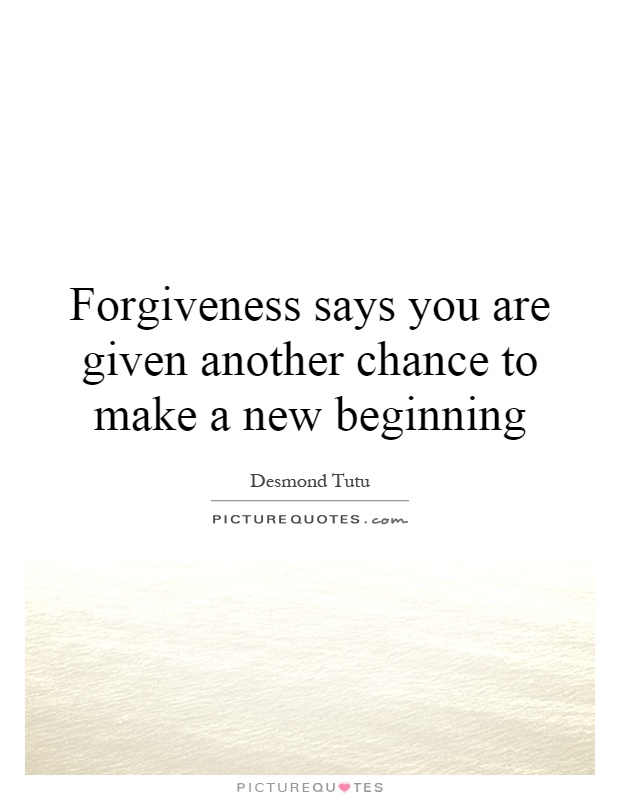
Forgiveness says you are given another chance to make a new beginning
Desmond Tutu, a renowned South African social rights activist and retired Anglican bishop, is a prominent advocate for forgiveness and reconciliation. He firmly believes in the power of forgiveness to heal wounds, mend relationships, and create a new beginning for individuals and societies alike. Tutu's own experiences growing up in apartheid-era South Africa, where he witnessed firsthand the devastating effects of racial segregation and discrimination, have shaped his belief in the transformative power of forgiveness.Tutu often speaks about how forgiveness is not just about letting go of anger and resentment, but about giving oneself and others a second chance to start anew. He believes that forgiveness is a fundamental human right, and that everyone deserves the opportunity to be forgiven and to forgive others. In his book "The Book of Forgiving: The Fourfold Path for Healing Ourselves and Our World," co-authored with his daughter Mpho Tutu, he outlines a four-step process for forgiveness that includes acknowledging the hurt, granting forgiveness, renewing or releasing the relationship, and finally, letting go of the pain.
Tutu's work as the chair of the Truth and Reconciliation Commission in post-apartheid South Africa is a testament to his belief in the power of forgiveness to bring about healing and reconciliation. The commission, established in 1995, was tasked with investigating human rights abuses committed during the apartheid era and promoting national unity and reconciliation. Tutu played a key role in facilitating the process of forgiveness and reconciliation between victims and perpetrators of violence, helping to pave the way for a more just and inclusive society.
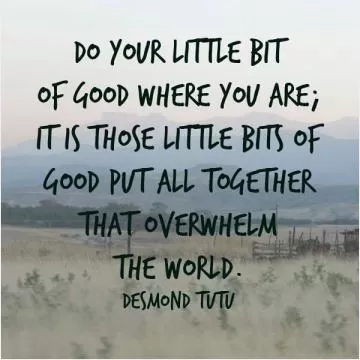
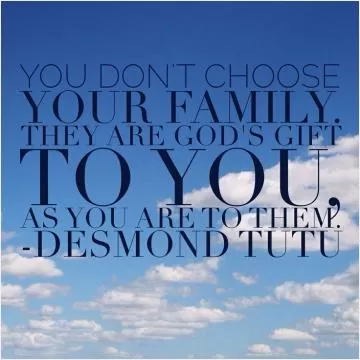
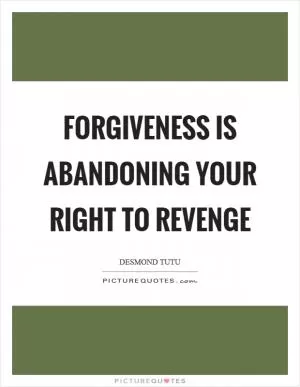
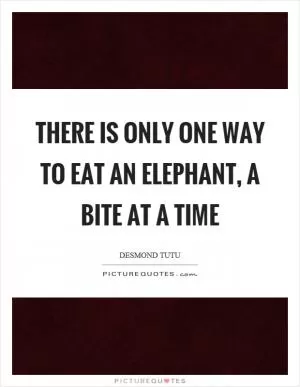
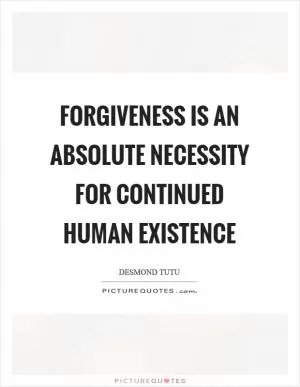
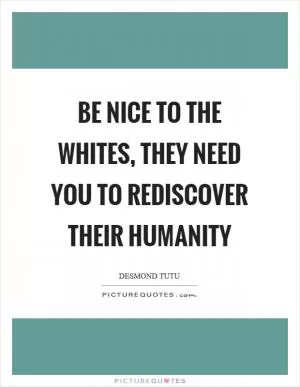
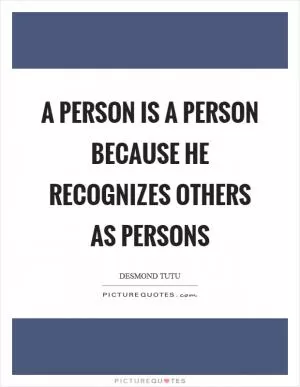
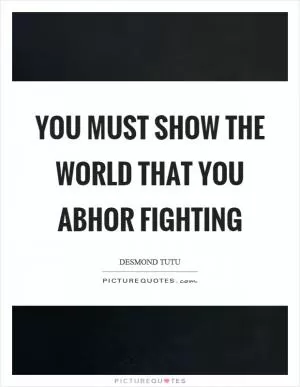
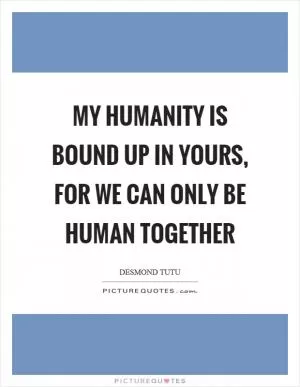
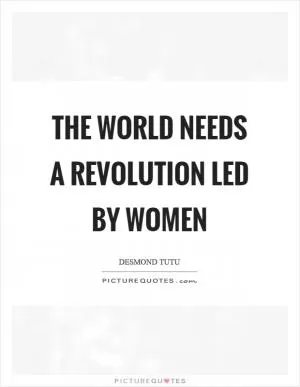
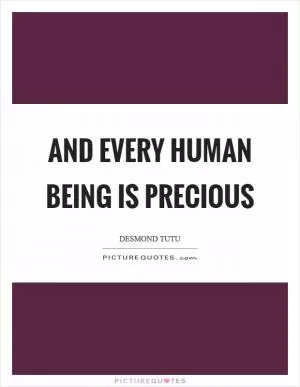
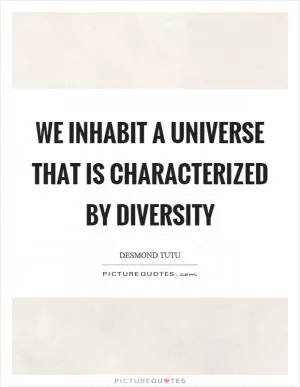
 Friendship Quotes
Friendship Quotes Love Quotes
Love Quotes Life Quotes
Life Quotes Funny Quotes
Funny Quotes Motivational Quotes
Motivational Quotes Inspirational Quotes
Inspirational Quotes